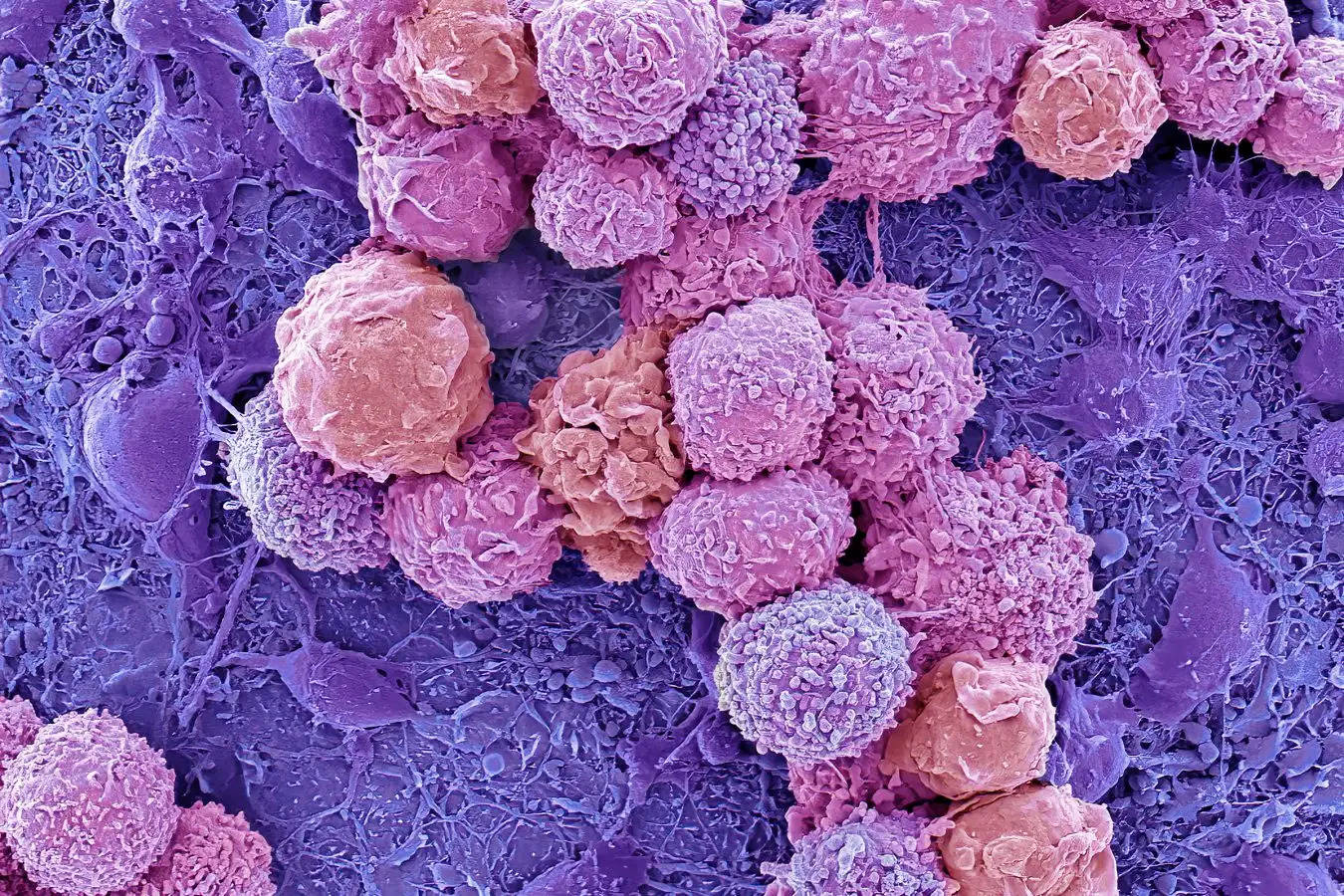Now this intelligent bacteria will solve the biggest problem of maths, Kolkata scientists made a unique invention

Science News Desk – Sangram Bagh, a synthetic biologist working at the Saha Institute of Nuclear Physics, Kolkata, has achieved a major breakthrough. They have created an intelligent bacteria. This bacteria can identify prime numbers in any number. It can also identify vowels in the alphabet. This is a big success for India. Let us know about this bacteria.
computing bacteria
Sangram Bagh, working at Saha Institute of Nuclear Physics, has created such a bacteria in the lab, which can decide whether a given number is a prime number or a letter is a vowel. Sangram said that earlier only ‘humans or computers’ could do this work, but now bacteria prepared through genetic engineering are also doing the same. Let us tell you that bacteria are made up of single cells, but they are sensitive to their surrounding environment and also respond. Whereas multicellular organisms like dolphins, chimpanzees, octopuses, crows and humans are considered intelligent creatures. These contain millions of brain neurons.
genetic circuits in bacteria
Bagh’s team said they have introduced ‘genetic circuits’ into bacteria that can be activated by a combination of chemical inducers (chemical substances that have different effects). The team then mixed bacteria in a solution with individually engineered circuits to create bacterial ‘computers’ that behaved like networks of artificial neurons. In this setting, each type of engineered bacteria was a ‘bactoneuron’, and combinations of bactoneurons responded to mathematics just like a multicellular organism.
developments in medical science
The team reported their findings in Nature Chemical Biology in September. The paper has generated interest among synthetic biologists – experts who engineer new capabilities into organisms. CVJ of Kochi Pawan Dhar, executive director of the Center for Synthetic Biology and Bio Manufacturing, said that we have entered a new era where bacteria can be programmed to solve mathematics problems through chemical conversations. He further said that the advent of these bacterial computers could lead to developments in the pharmaceutical industry, medical sciences and biomanufacturing sectors.

